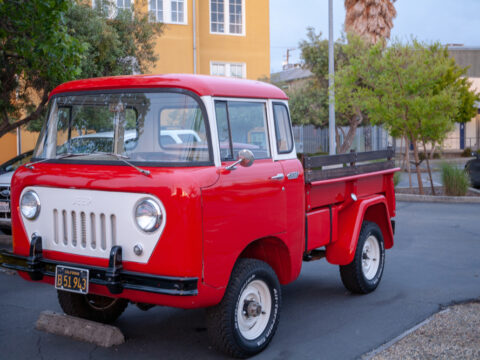Classic cars often get a bad reputation when it comes to reliability, but many of these beliefs are based on outdated information or myths. While some may think owning a vintage vehicle is a constant headache, the truth can be quite the opposite. In this article, we’ll explore 15 common assumptions about classic car reliability and reveal the facts behind them.
Contents
Classic Cars Break Down Constantly

Many people assume that classic cars are always on the verge of a breakdown, but this isn’t true when they are properly maintained. With regular oil changes, belt inspections, and tune-ups, a well-cared-for vintage car can be just as reliable as any modern vehicle. The assumption stems from the neglect that some classics face, but attentive ownership makes a significant difference in performance.
Parts for Classic Cars Are Impossible to Find
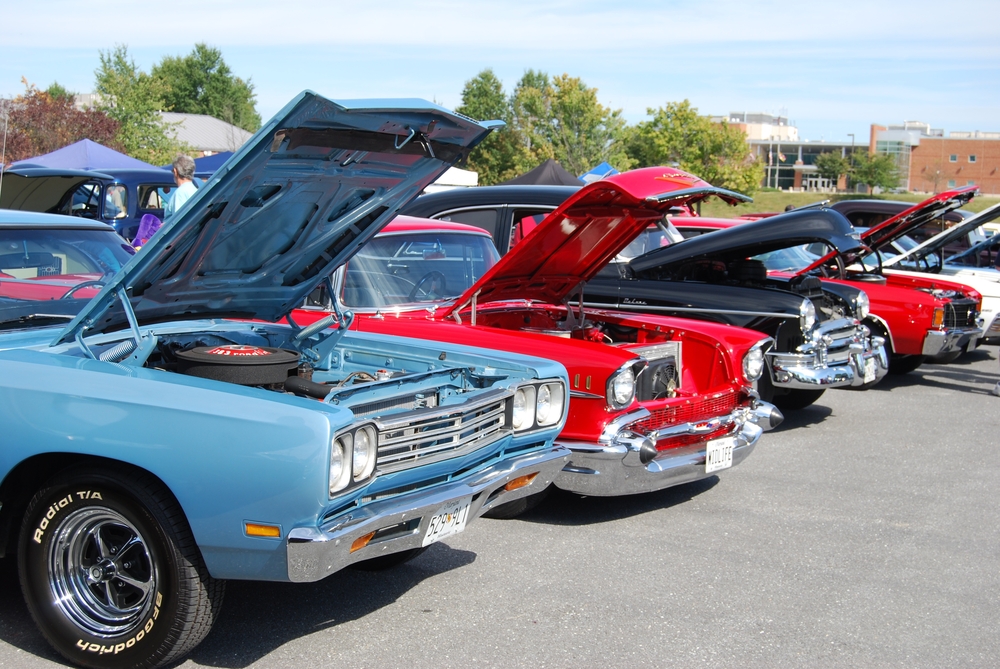
While it’s true that some specific parts can be difficult to source, the vast availability of reproduction parts and the growth of online vintage car communities have made finding replacements easier than ever. Many manufacturers even offer aftermarket parts, so classic car owners aren’t stuck searching endlessly for rare components.
Classic Cars Are Always Less Reliable Than Modern Cars

Modern vehicles are equipped with advanced technology, but classic cars built with simpler mechanical systems can be more reliable in some cases. With fewer electronics to malfunction, vintage cars often have fewer things that can go wrong. When maintained correctly, many classics are surprisingly dependable.
Maintaining a Classic Car Is Too Expensive
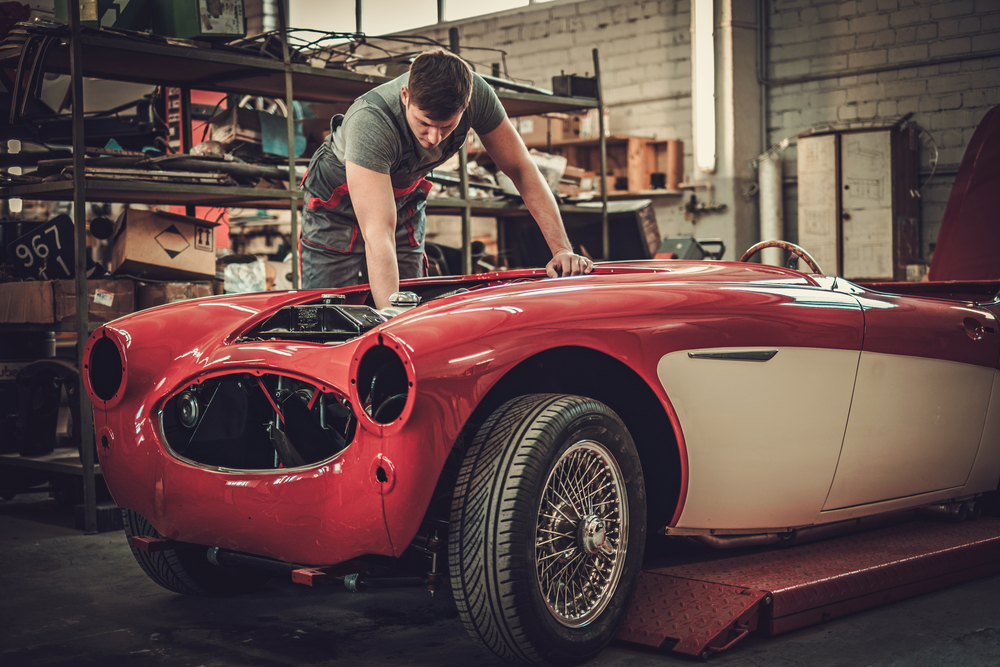
Maintenance costs for classic cars can vary, but they are often comparable to modern vehicles, especially when DIY repairs are an option. Labor costs can be lower for vintage cars because they don’t require specialized equipment. Moreover, the durable materials used in older cars mean certain parts, like metal bumpers, tend to last longer than today’s plastic equivalents.
Classic Cars Have Poor Fuel Efficiency

While many classic cars were built before fuel efficiency became a priority, that doesn’t mean all are gas guzzlers. Several vintage models, especially smaller European cars, were designed to be economical. Additionally, modifications such as carburetor adjustments and adding overdrive transmissions can improve fuel efficiency.
Vintage Engines Are Weak and Fragile
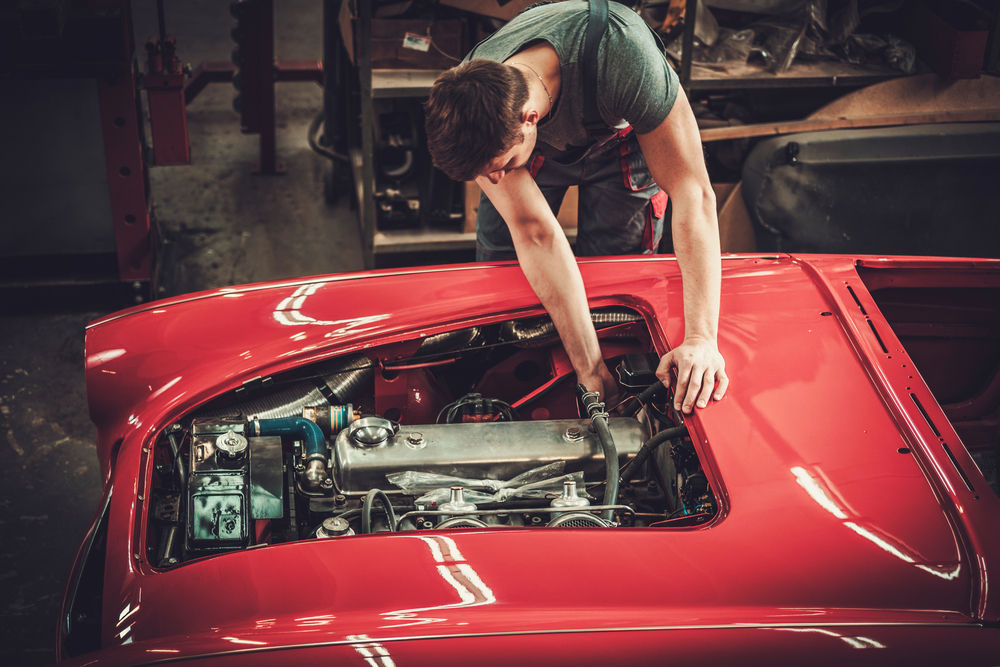
Some people believe that classic engines are outdated and fragile, but many vintage engines, especially from brands like Ford and Chevrolet, are known for their durability. Engines like the Chevy small block V8 are renowned for their power and longevity, often outlasting their modern counterparts when cared for properly.
You Can’t Drive Classic Cars Daily
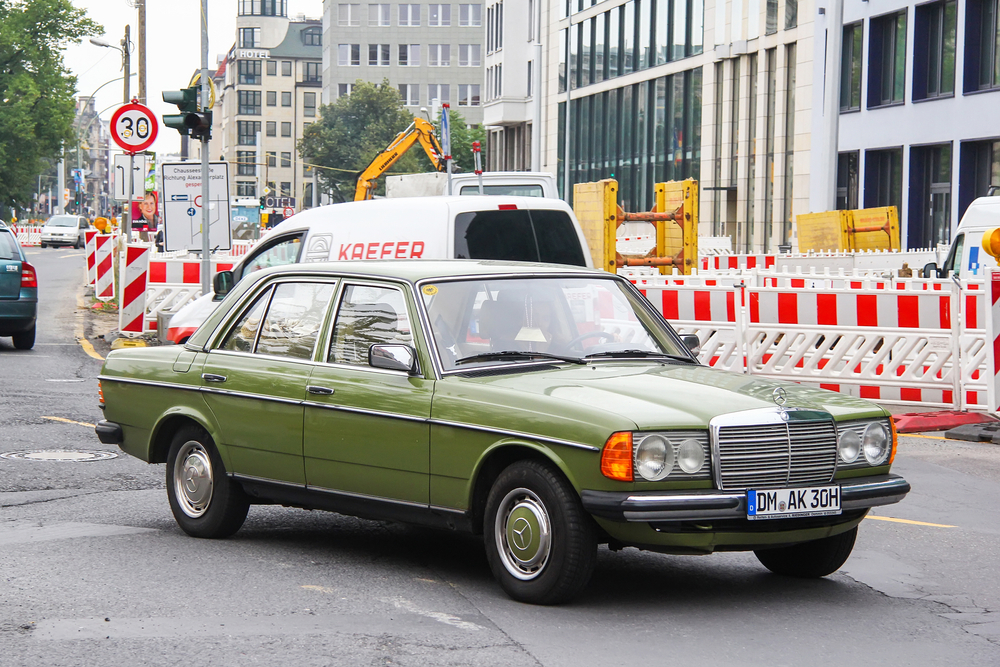
Classic cars are more than just weekend toys. With proper maintenance, many vintage vehicles can be used as daily drivers. Classics like the Volkswagen Beetle and Mercedes-Benz W123 were designed for everyday use and can handle daily driving as long as they receive regular maintenance.
Classic Cars Can’t Handle Long-Distance Trips

There’s a misconception that older cars aren’t built for long-distance trips, but this is far from true. Many classic cars were engineered for endurance, and road trips were a popular pastime when they were new. With proper preparation, including tire checks and fluid top-ups, vintage cars can be excellent companions for long drives.
Old Cars Are Unsafe to Drive
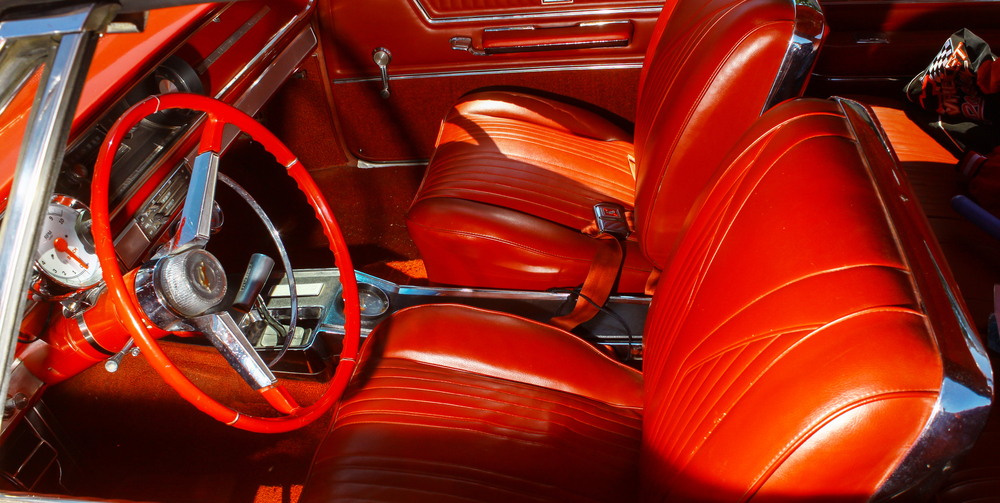
While vintage cars don’t have modern safety features like airbags and ABS, they are not inherently unsafe. Many classics were built with solid frames and robust designs that provide considerable protection in crashes. Owners can also install aftermarket safety upgrades, such as seat belts or disc brakes, to enhance safety.
Restoring a Classic Car Is Not Worth the Effort
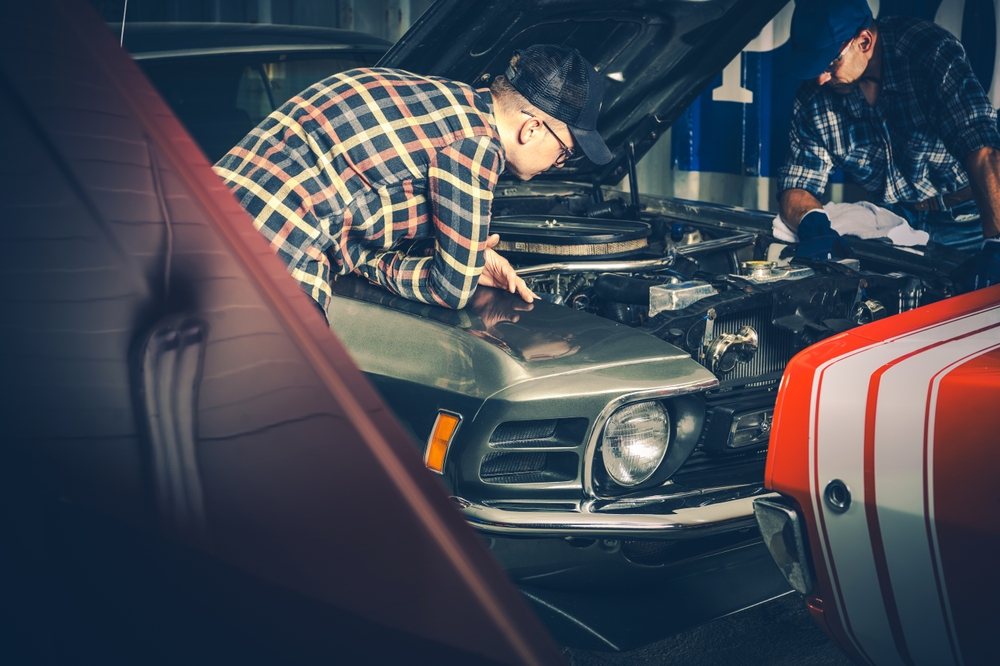
Some assume that restoring a classic car is an impractical hobby, but for enthusiasts, it’s more than just a financial investment. Restorations can offer immense personal satisfaction, preserve automotive history, and often increase the vehicle’s resale value significantly. Plus, the community around classic cars adds social benefits.
You Need Special Mechanic Skills to Maintain a Classic Car
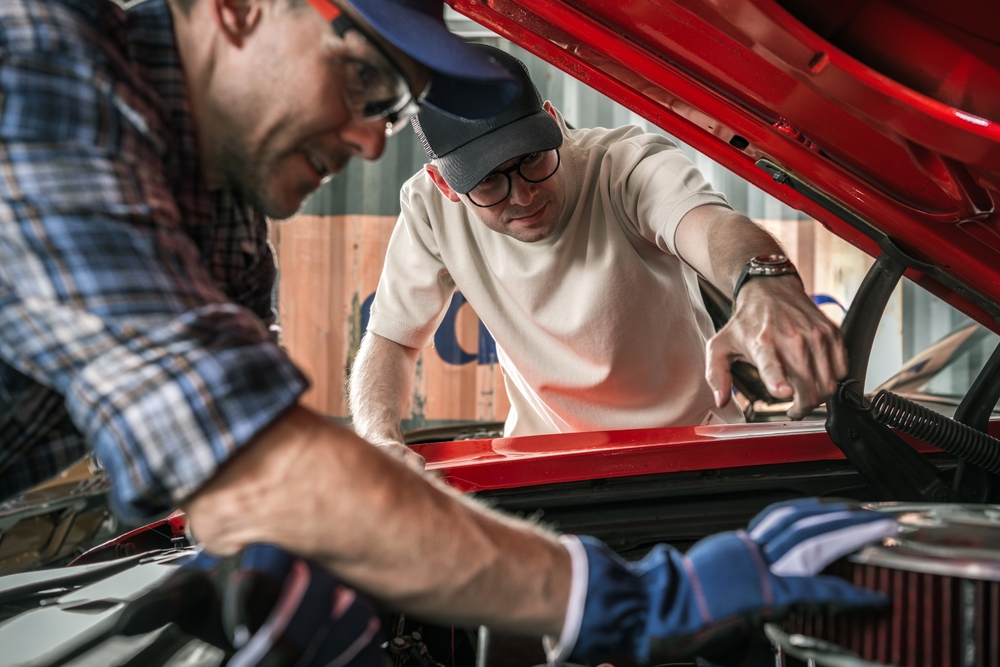
Although having some mechanical knowledge helps, classic cars are generally easier to work on than modern vehicles. With fewer electronic components and more straightforward designs, many repairs can be done at home with basic tools and a workshop manual, making them accessible to hobbyists and beginners.
Classic Cars Rust Easily and Can’t Be Protected
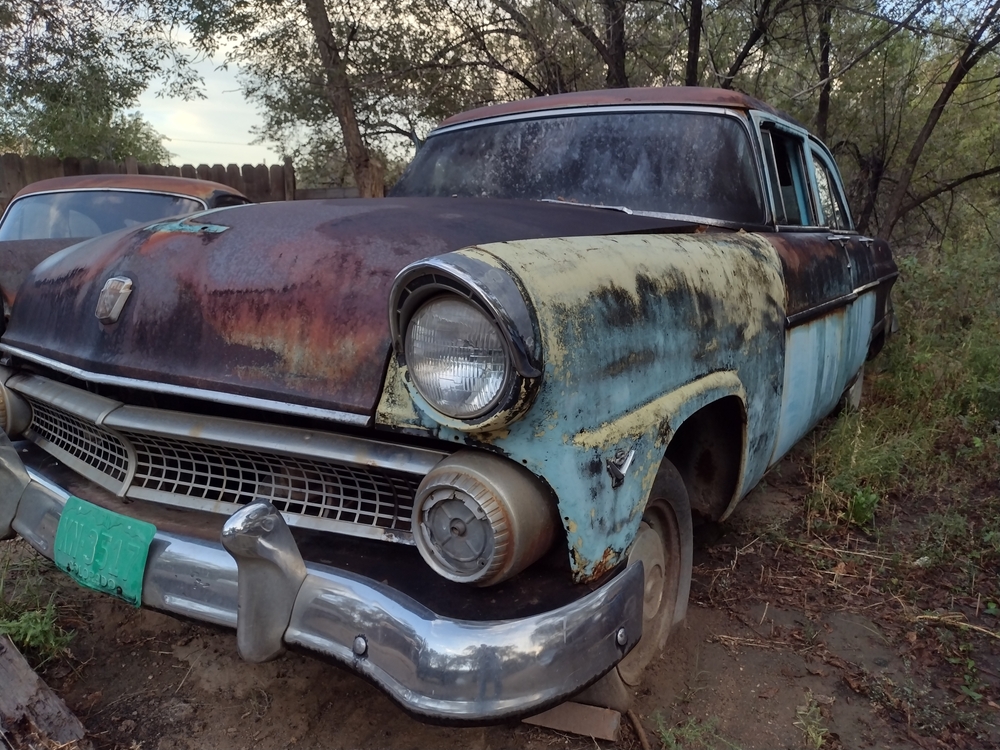
It’s true that older cars were more susceptible to rust than today’s vehicles, but modern rust-proofing techniques, such as protective coatings and undercoating, can significantly reduce rust issues. With regular care and proper storage, rust can be managed, and many classic cars stay in pristine condition for decades.
Classic Cars Always Require Manual Transmission
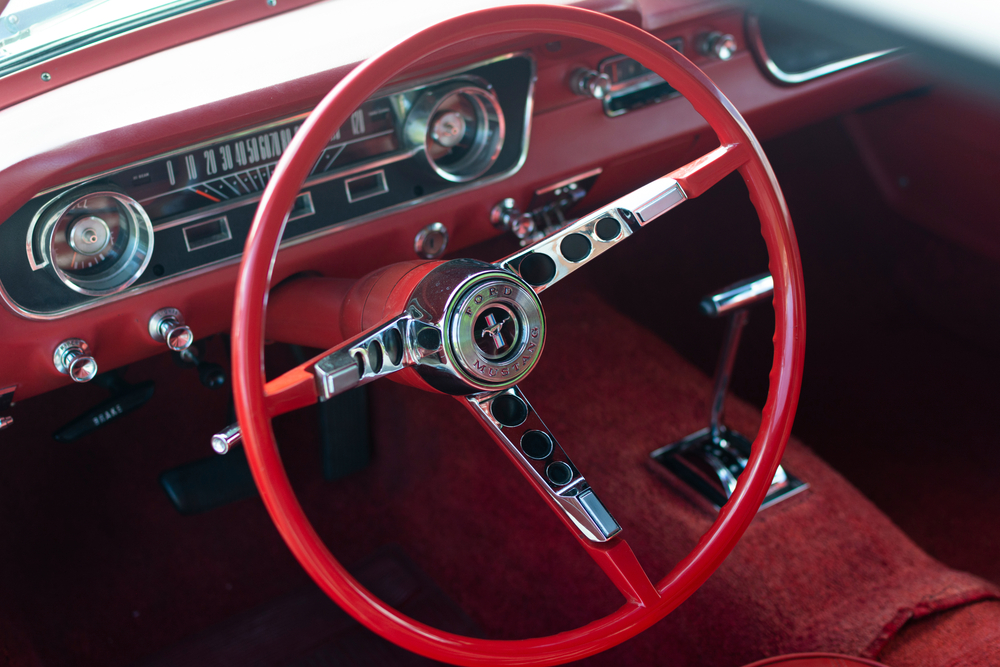
While manual transmissions were more common in vintage cars, many classic models were also available with automatic transmissions. For example, luxury models from the 1960s and 1970s often came with smooth-shifting automatic gearboxes, making them easier to drive in modern traffic conditions.
Vintage Cars Have Unreliable Electrical Systems
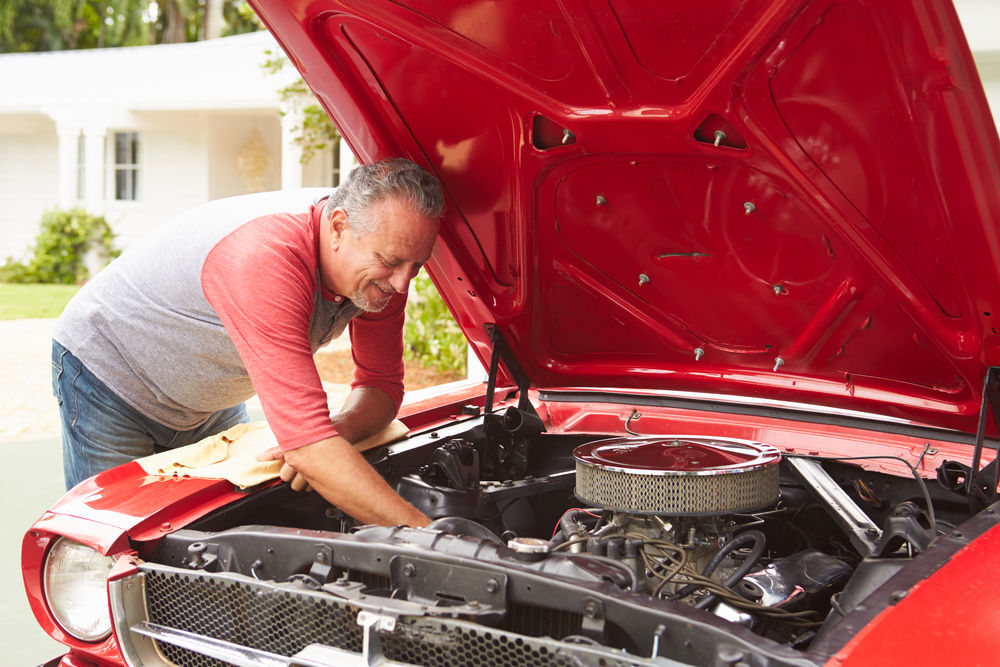
Electrical systems in classic cars can develop issues, but many of these problems are preventable with basic maintenance. Replacing worn wiring, upgrading to modern fuses, or installing a new alternator can bring the electrical system up to modern standards, improving reliability.
You Can’t Find Mechanics Who Work on Classic Cars Anymore
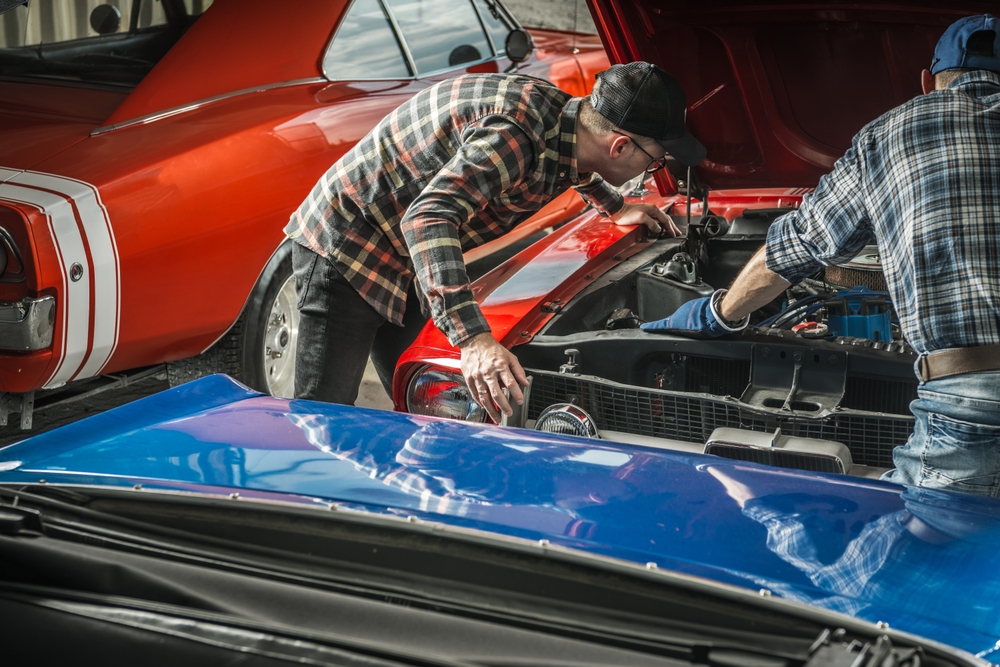
While specialized mechanics may be fewer in number, many shops still offer services for vintage cars, and the growth of classic car clubs and online communities makes it easier to find knowledgeable mechanics. There are even mobile mechanics who specialize in classics, ensuring that expert help is available.
This article originally appeared in MyCarMakesNoise.
More from MyCarMakesNoise
25 Sports Cars with Astonishingly Low Weight Ratios

When it comes to performance, weight plays a crucial role in how a sports car handles and accelerates. Lighter cars often deliver a more responsive and thrilling driving experience. In this article, we explore 25 sports cars with astonishingly low weight ratios that set them apart on the road. Read More
The 15 Most Common Errors in the Trucking Industry

The trucking industry is vital to keeping goods moving across the country, but it’s not without its challenges. Mistakes can happen, and when they do, they can lead to costly delays, safety risks, and even damage to your reputation. Read More
15 Rare Vintage Airplanes You’ll Never See Again

The world of aviation has seen countless remarkable airplanes, but some have become so rare that they’ve all but disappeared from the skies. These vintage aircraft, once marvels of engineering, are now nearly impossible to find. Read More

